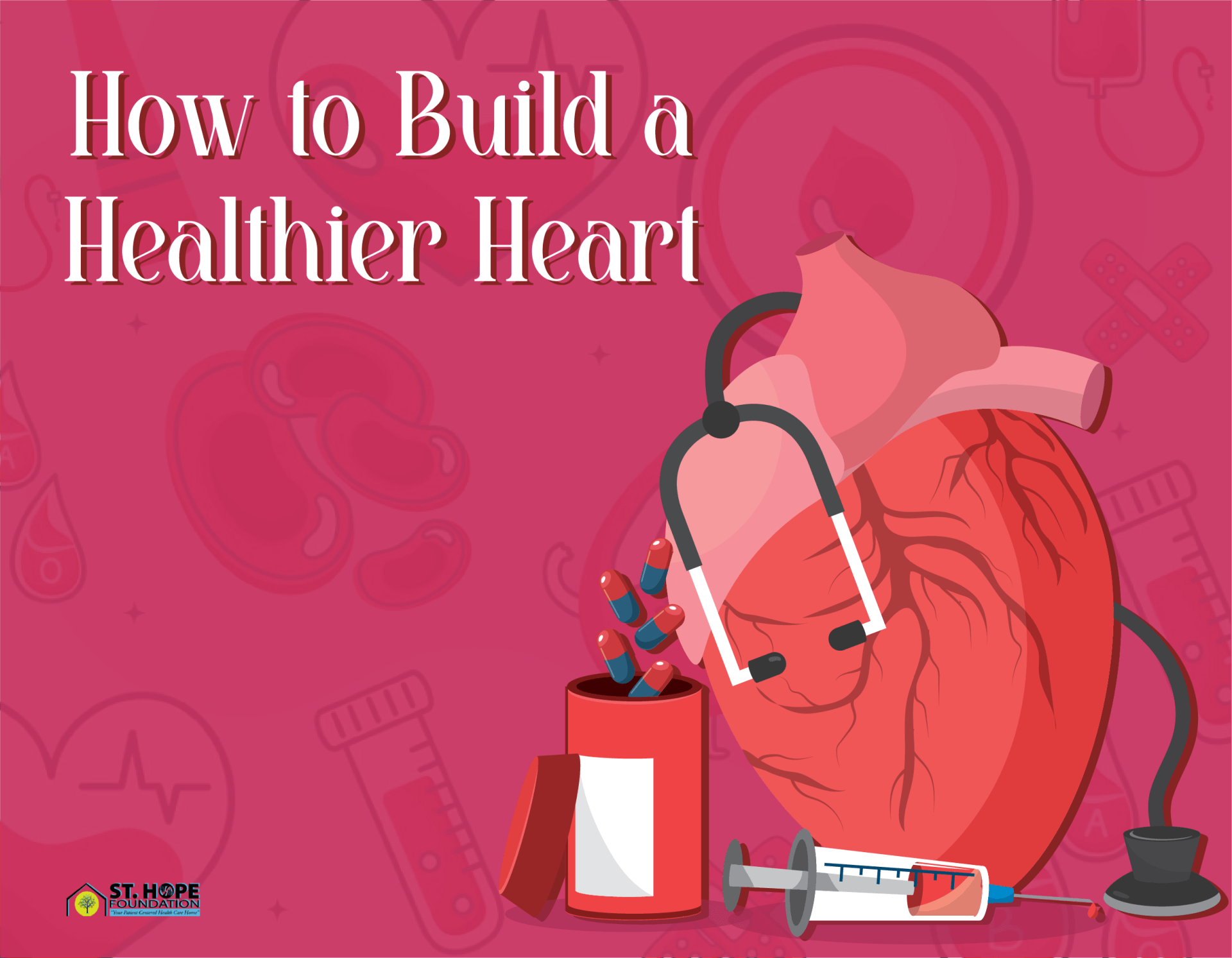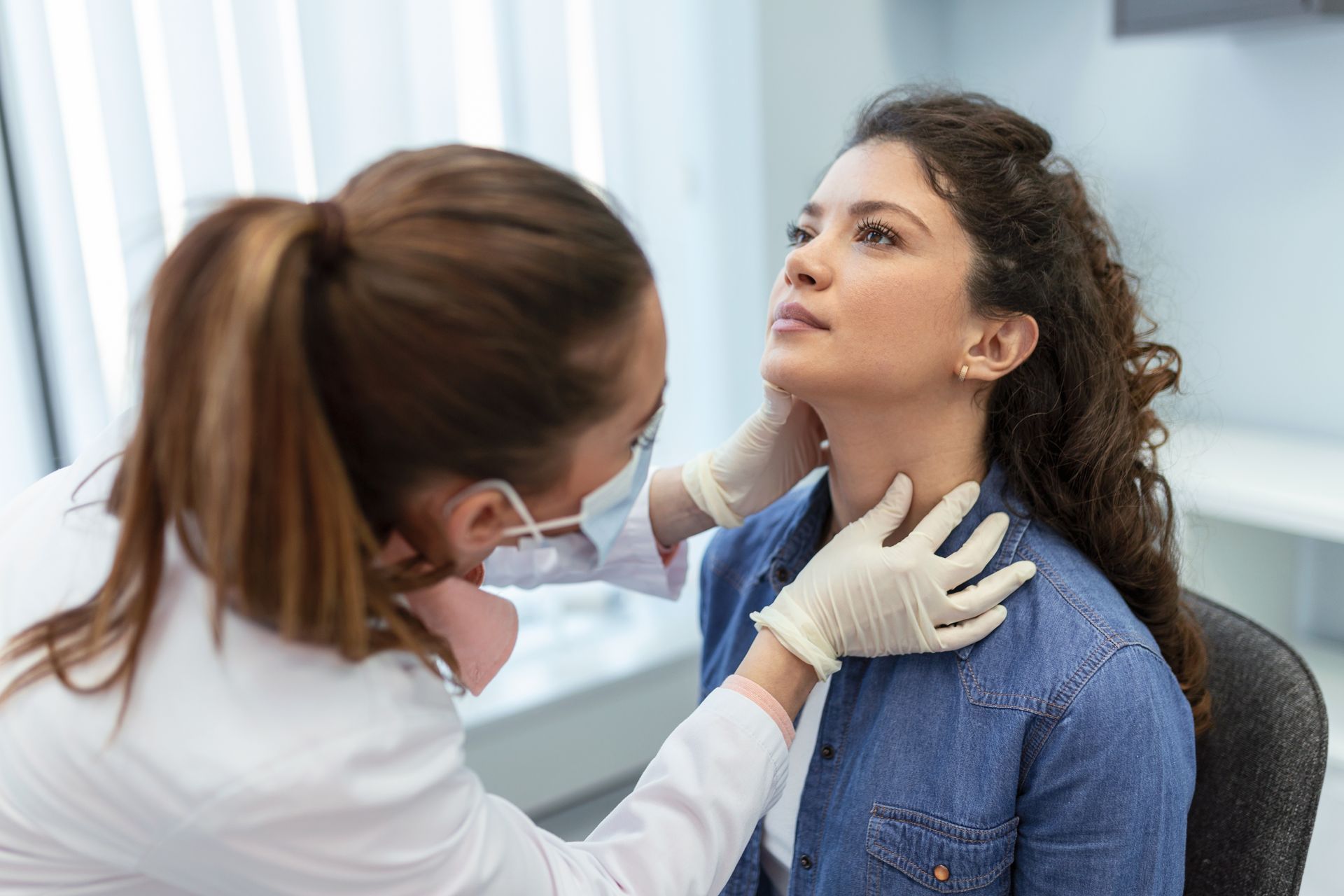Recent Posts
How to Build a Healthier Heart

It’s often said that happiness begins with good health. But what does it mean to be healthy? The human body is only as healthy as its heart. The heart is a truly vital organ the body simply can’t function without. Your heart muscle works around the clock to carry oxygenated blood and nutrients around your body and carry off waste and carbon dioxide.
People who don’t take care of their bodies risk developing serious health problems, including heart disease. While you’re probably not trying to intentionally become ill, you may be inadvertently engaging in unhealthy habits that can take a toll on your cardiovascular health.
If you smoke, drink a lot of alcohol or are obese, you’re at an increased risk of developing heart disease. Luckily, by making gradual changes to your lifestyle and habits, you can build a heathier heart and avoid cardiovascular disease.
What Is Heart Disease?
As the name implies, heart disease refers to diseases that affect your heart and blood vessels. Sometimes people don’t realize they have heart disease due to it being asymptomatic, while others experience several unpleasant symptoms, like shortness of breath, chest pain and numbness in the limbs.
While some people are born with heart defects, such as heart murmurs or heart valve defects, others develop heart disease in their adult life. There are several different types of heart disease. However, some of the most common forms of cardiovascular disease include:
- Coronary artery disease: Buildup of fatty material (plaque) causes the coronary arteries to narrow or block. If left untreated, the disease can lead to a heart attack.
- Carotid artery disease: Buildup of plaque in arteries on either side of your neck. If left untreated, the disease can result in a stroke.
- Peripheral artery disease: Blockage in arteries due to plaque prevents them from carrying blood to your limbs. People who don’t get prompt treatment may suffer from a heart attack or stroke.
What Are the Causes of Heart Disease?
Unless you’re suffering from congenital heart disease, meaning a heart defect you were born with, your cardiovascular disease is typically a result of other medical conditions and poor diet or lifestyle choices.
Some of the most common conditions and habits that significantly increase your risk of heart disease include:
- High LDL cholesterol (it builds up on the walls of your blood vessels and arteries, putting you at risk of a heart attack)
- Diabetes
- Smoking
- Obesity
- Consuming processed foods high in sodium, sugar and trans fats
- High blood pressure
- Excessive consumption of alcohol
- Chronic stress
What Can You Do to Strengthen Your Heart and Prevent Disease?
There’s a variety of things you can do to strengthen your heart and reduce the risk of developing heart disease. While the process of changing your habits can be intimidating, making these small and gradual lifestyle changes can significantly improve your health and overall well-being.
Eat a Heart Healthy Diet
A healthy diet is key to a healthy heart. Make sure to incorporate plenty of fruits and vegetables into your diet, as well as whole grains, healthy fats and lean meat and fish.
Conversely, avoid processed foods rich in sugar, sodium and trans fats, like fast food, cookies, soda, breakfast cereals and processed meat products (sausage, ham, bacon, etc.)
Quit Smoking
Overcoming nicotine addiction can be difficult. If you’re struggling to quit smoking, reach out to your primary care doctor. There are a number of prescription medications and strategies to help smokers quit.
Maintain a Healthy Weight
If you’re overweight or obese, try losing weight with regular exercise and a healthy diet. Eating healthy is a crucial part of weight loss, but how much you eat matters just as much as the foods you consume. Stick with low-calorie foods and use small plates to control your portions.
Don’t forget to exercise regularly. You don’t have to do long and strenuous workouts to lose weight. Try doing 30 minutes of gentle exercise per day, like walking, swimming, yoga or low-impact aerobics, and increase the duration of your physical activity as you improve.
Limit How Much Alcohol You Drink
Alcohol in the form of beer or mixed drinks is often full of sugar and empty calories. However, if you do drink, try sticking with lowest calorie alcohols, like red wine, and limit your alcohol intake to no more than one drink a day.
Maintain a Heart-Healthy Life with St. Hope Foundation in Houston, Texas
The dedicated staff at St. Hope is here to help you maintain good health and prevent unwanted disease. If you’re in or around Houston and are looking for affordable primary care, don’t hesitate to schedule a visit.
We also offer high quality medical care to patients suffering from a variety of other conditions, including diabetes, HIV and gynecological problems.
For more information or to schedule an appointment, call (713) 778-1300.









